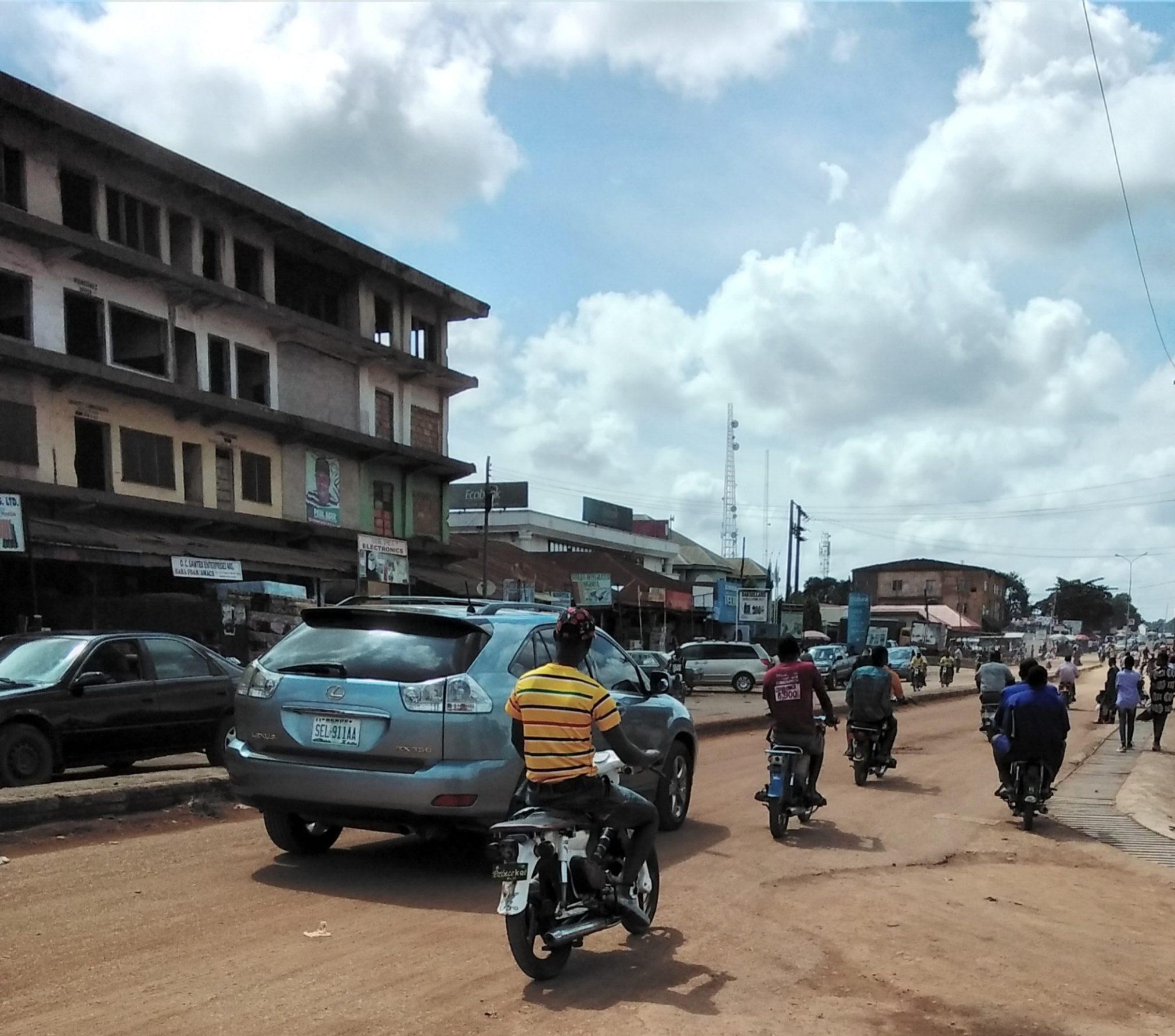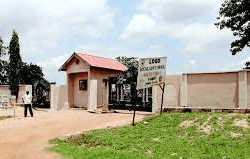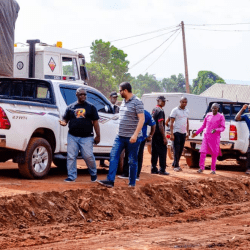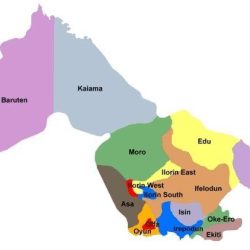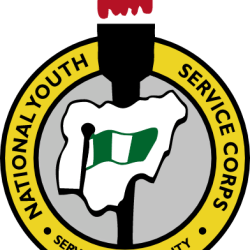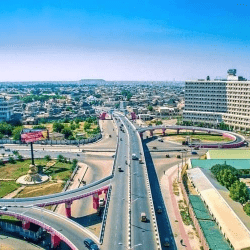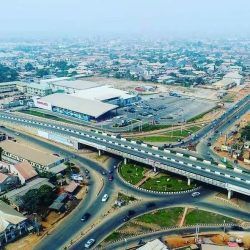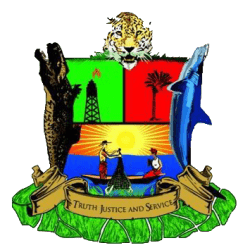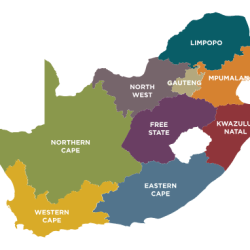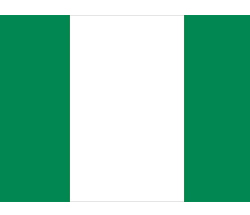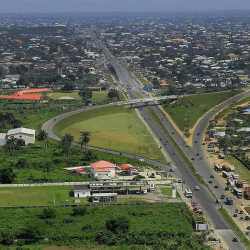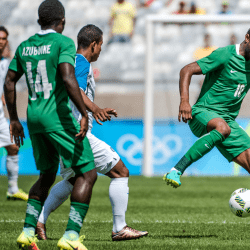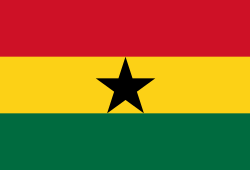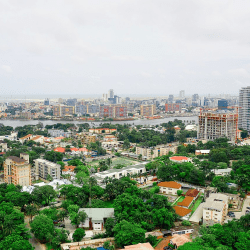Some important events by the Lagos State government in 2003
| Launching of the N25m Private Initiative in Road and Infrastructural Development in Magodo | 4/1/2003 |
| Swearing-In ceremony of the new Deputy Governor | 17/1/2003 |
| Commissioning ceremony of the LSDPC Oko-Oba IV Housing Estate, Ifako-Ijaiye | |
| Free Eye Screening – Apapa Local Govt | 19/2/2003 |
| Free Eye Screening – Ajeromi-Ifelodun Local Government | 25/2/2003 |
| Flag-off ceremony of Free Eye Screening Ifako-Ijaiye Local Government | 3/3/2003 |
| Formal launching of Safety Scheme for Commercial Motorcycle Operators in Lagos State | 5/3/2003 |
| Free Eye Screening – Surulere Local Govt. | 18/3/2003 |
| Distribution of Fishing Inputs and Processing Equipment to Lagos State folks | 24/3/2003 |
| Free Eye Screening – Oshodi-Isolo Local Government Area | 26/3/2003 |
| Commissioning of the Rehabilitated Wings A & B of the Island Maternity and Head Office of LSHMB | 28/3/2003 |
| Commissioning of the Amuwo-Odofin II Housing Estate, Mile 2 | 5/4/2003 |
| Commissioning of the Iwaya Micro Water Works | 7/4/2003 |
| Commissioning of the Odo-Nla Housing Estate, Ikorodu | 9/4/2003 |
| Commissioning of the Ogba Shopping Arcade, Iyaiye Road, Ogba | 15/4/2003 |
| Commissioning of Network of Road at the Oko-Oba Scheme III | 16/4/2003 |
| Commissioning of the Ikeja Micro Water Works | 16/4/2003 |
| Inauguration of the Lagos State New Executive Council | 27/6/2003 |
| Formal Commissioning of the Oba Adeyinka Oyekan II Millennium Housing Estate at Lekki | 12/9/2003 |
| Formal Commissioning of the Lagos State Drug Quality Control Laboratory at LASUTA | 19/9/2003 |
| Launching of Shuttle Buses for Victoria Island and Ikoyi | 30/9/2003 |
| Inauguration of 57 Newly Appointed Chairmen of Local Governments and their Deputies | 28/10/2003 |
Lagos
Lagos is the commercial capital of Nigeria and the most populated city in the country and Africa.

It was the administrative capital of Nigeria until December 1991 following the government’s decision to move the capital to Abuja in the centre of the country.

Lagos is a major African financial centre and is an economic hub.

The city has been described as the cultural, financial, and entertainment capital of Africa, and is a significant influence on commerce, entertainment, technology, education, politics, tourism, art, and fashion.

Lagos is also among the top ten of the world’s fastest-growing cities and urban areas.

The megacity has the fourth-highest GDP in Africa and houses one of the largest and busiest seaports on the continent.
The Lagos metropolitan area is a major educational and cultural centre in Sub Saharan Africa.

Lagos emerged as a home to the Awori tribe of the Yoruba of West Africa islands, which are contained in the present day Local Government Areas (LGAs) of Lagos Island, Eti-Osa, Amuwo-Odofin and Apapa.

Due to rapid urbanisation, the city expanded to the west of the lagoon to include areas in the present day Lagos Mainland, Ajeromi-Ifelodun, and Surulere.
This led to the classification of Lagos into two main areas: the Island, which was the original city of Lagos, and the Mainland, which it has since expanded into.
This city area was governed directly by the Federal Government through the Lagos City Council, until the creation of Lagos State in 1967, which led to the splitting of Lagos city into the present-day seven Local Government Areas (LGAs), and an addition of other towns (which now make up 13 LGAs) from the then Western Region to form the state.

The islands are separated by creeks, fringing the southwest mouth of Lagos Lagoon, while being protected from the Atlantic Ocean by barrier islands and long sand spits such as Bar Beach, which stretch up to 100 km east and west.

However, the state capital was later moved to Ikeja in 1976, and the federal capital moved to Abuja in 1991.

Even though Lagos is still widely referred to as a city, the present-day Lagos, also known as “Lagos Metropolitan Area” is an urban agglomeration or conurbation, consisting of 16 LGAs including Ikeja, the state capital of Lagos State.

This conurbation makes up 37% of Lagos State total land area, but houses about 85% of the state’s total population.

The business district of Lagos is home to Tinubu Square, named after the aristocratic slave trader Efunroye Tinubu. Lagos contains Murtala Muhammed International Airport, named after Nigerian president Murtala Muhammad, and is one of the busiest African airports. Lagos National Stadium has hosted various international sports events such as the 1980 African Cup of Nations.
